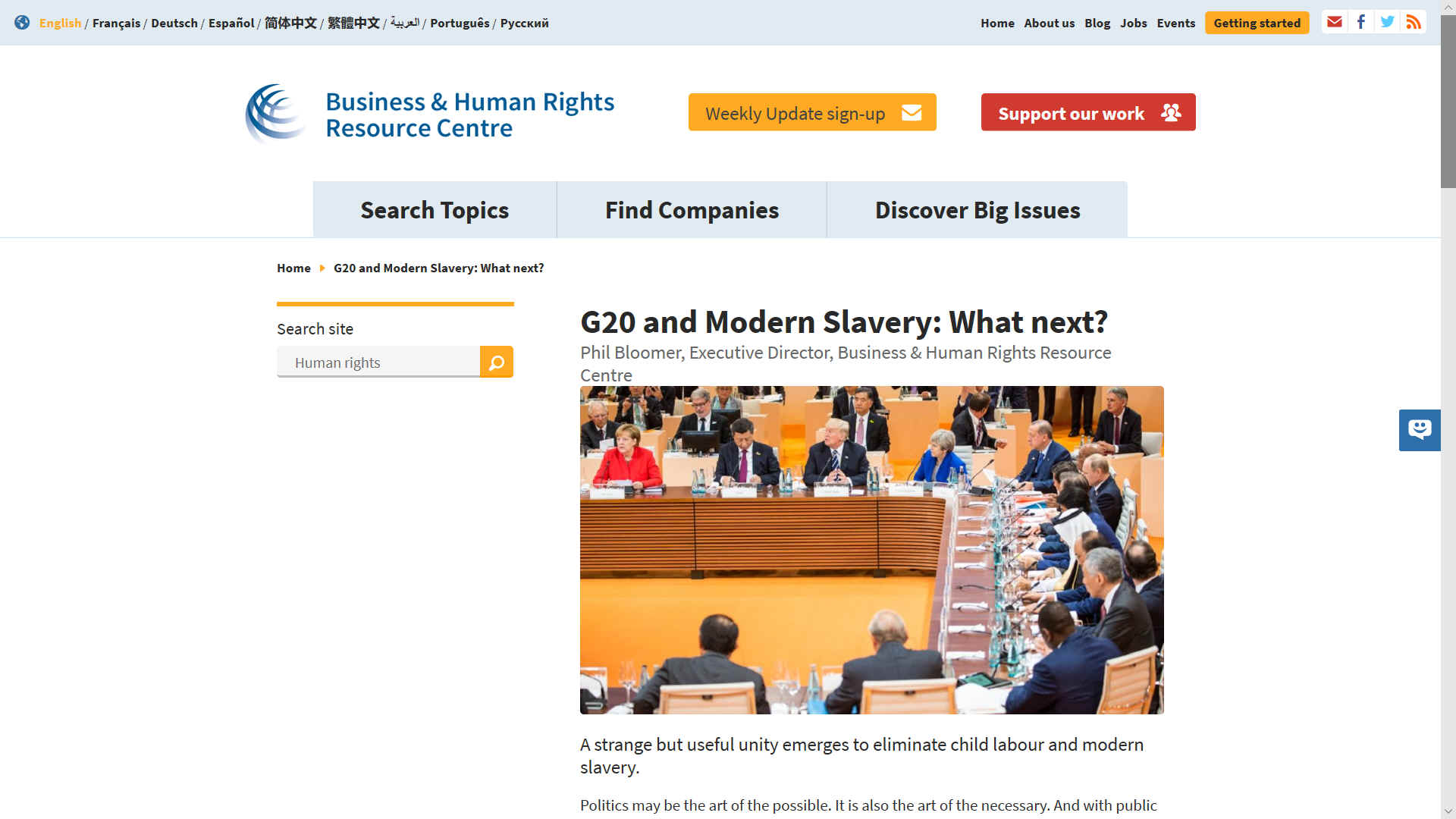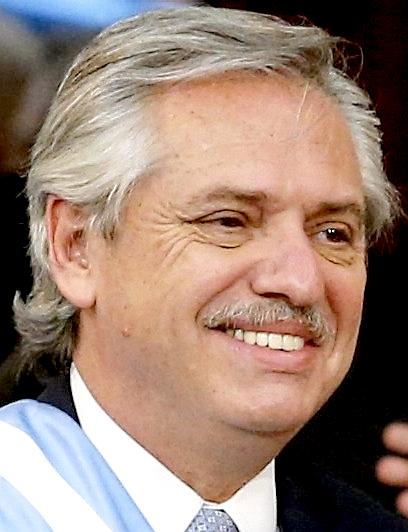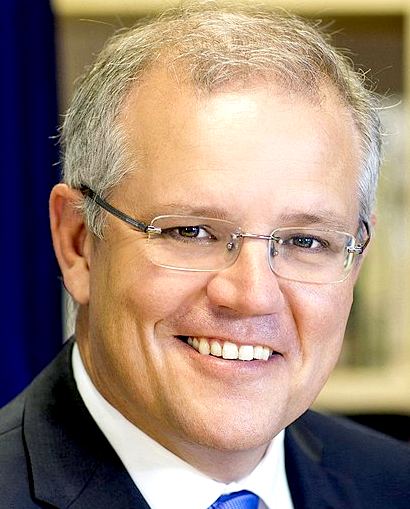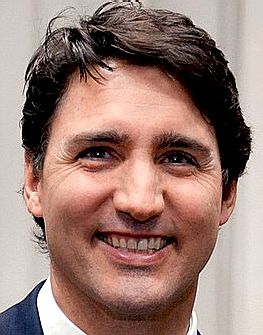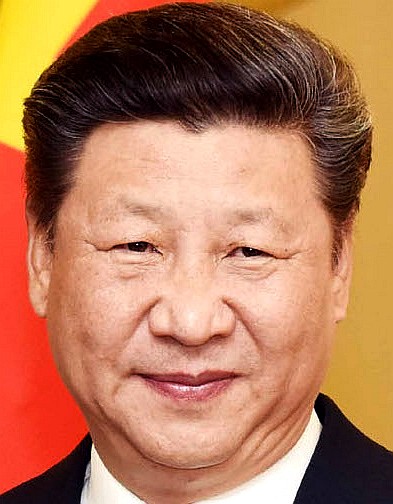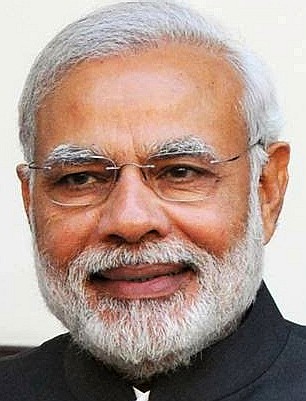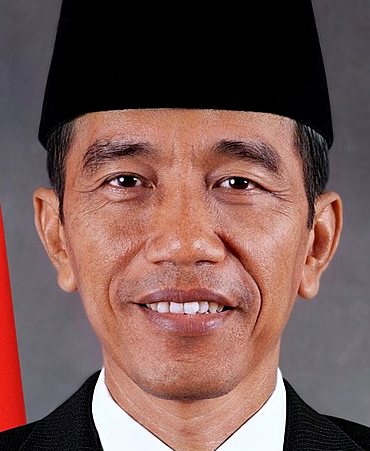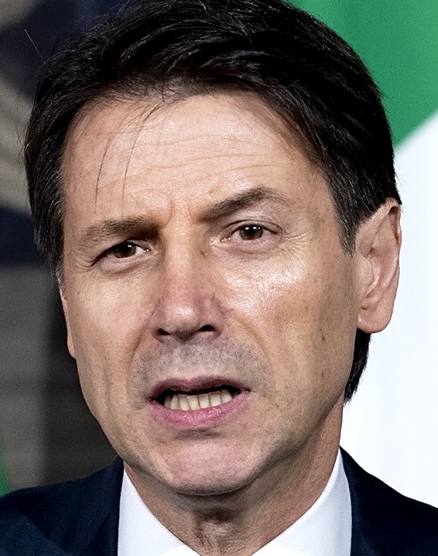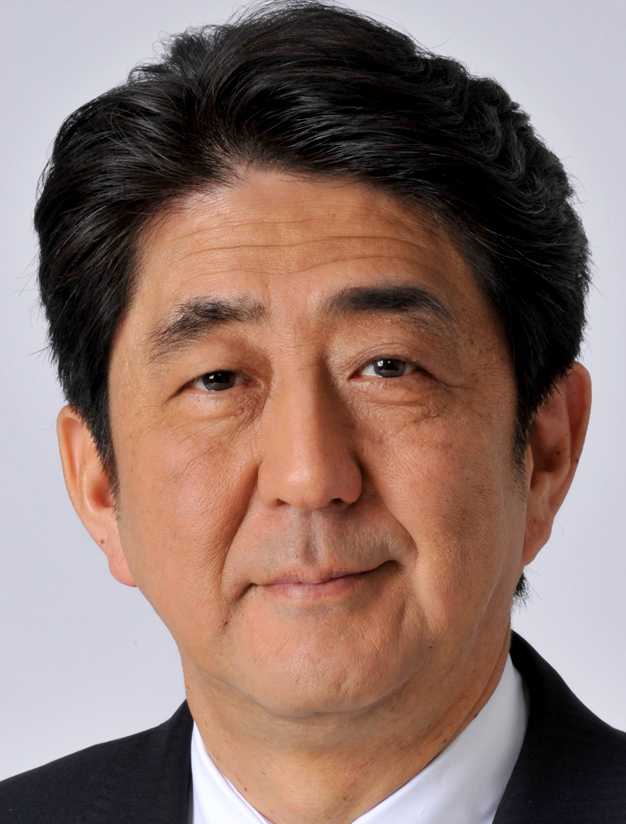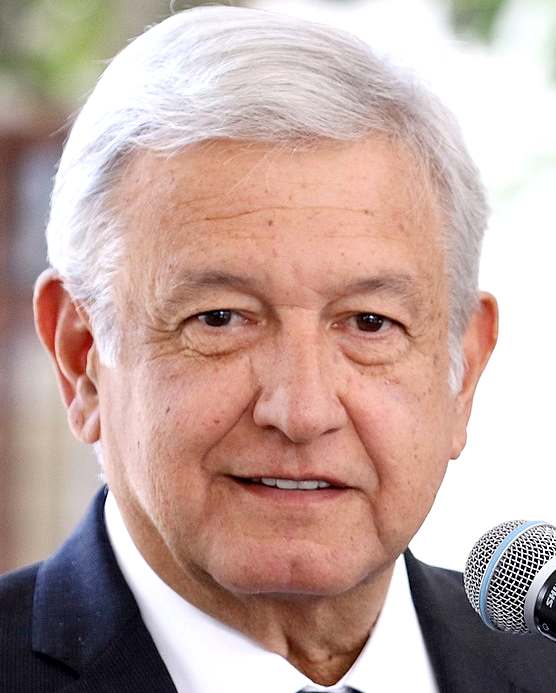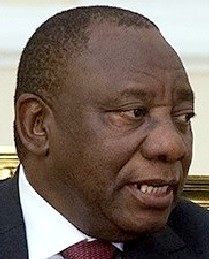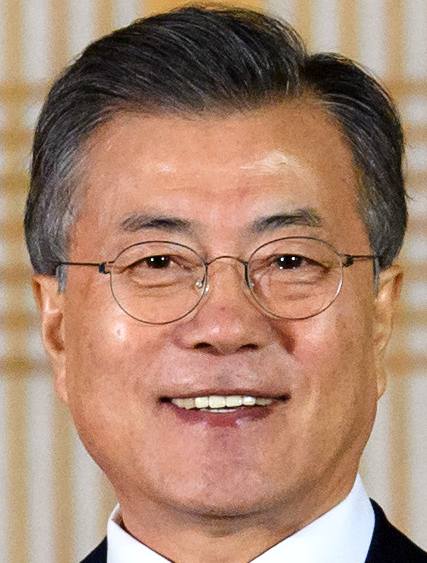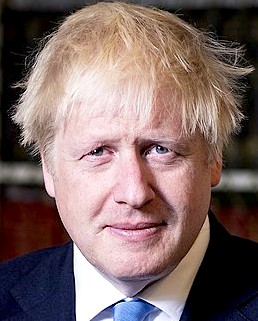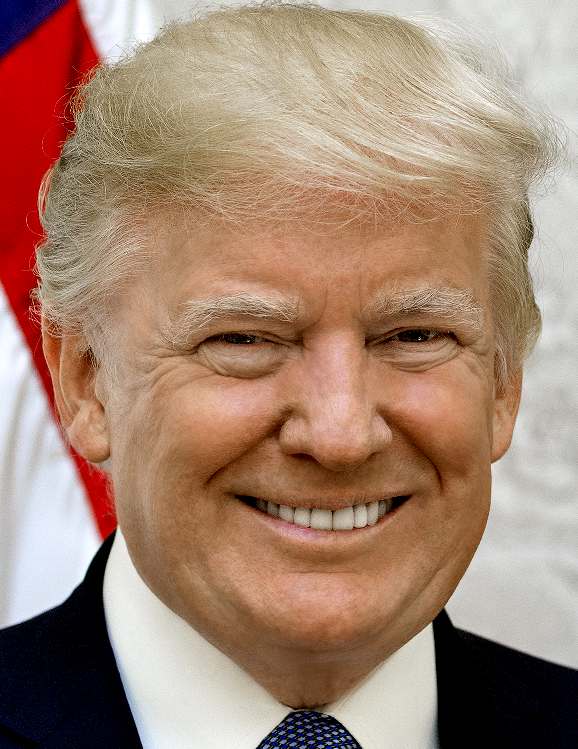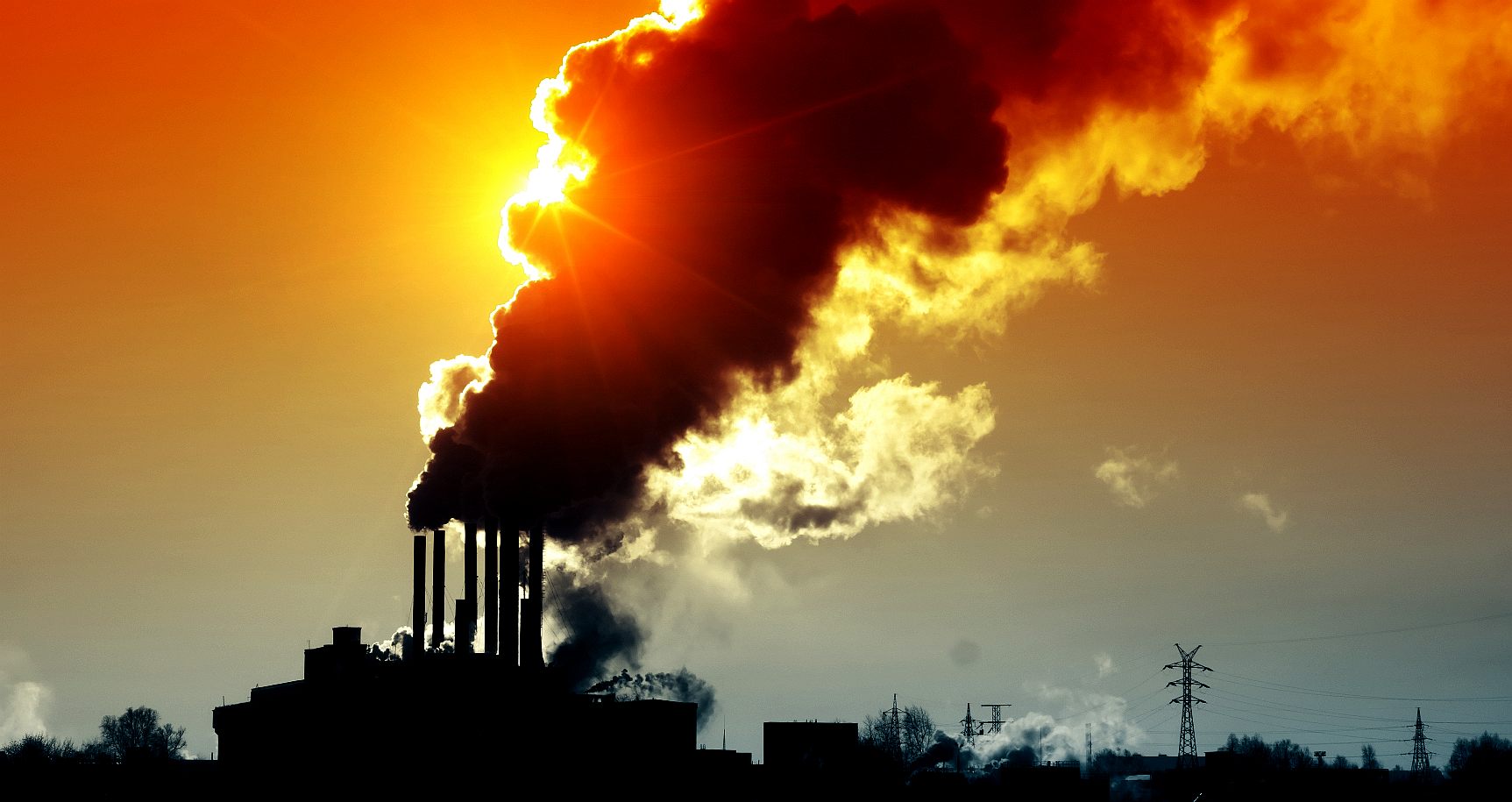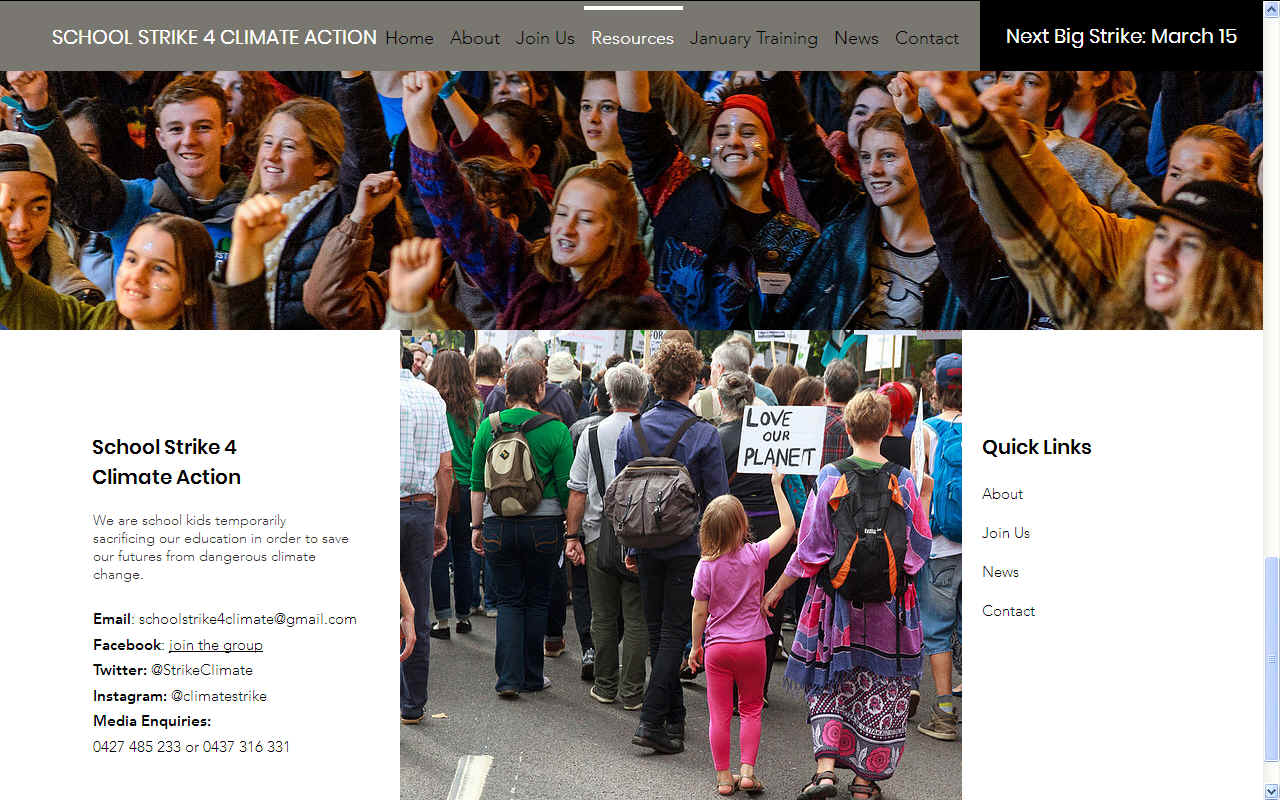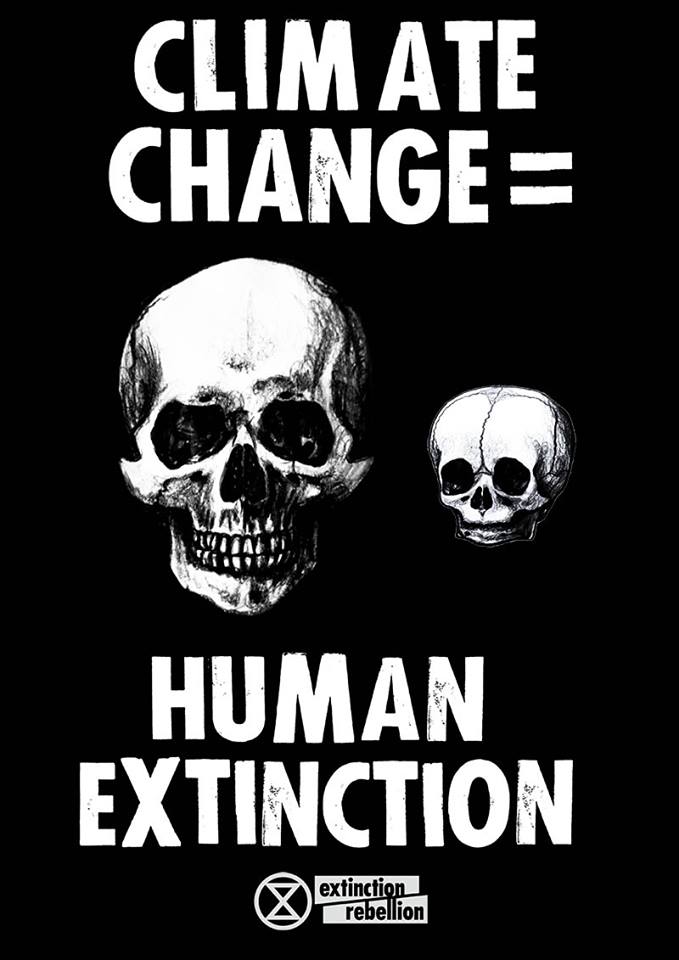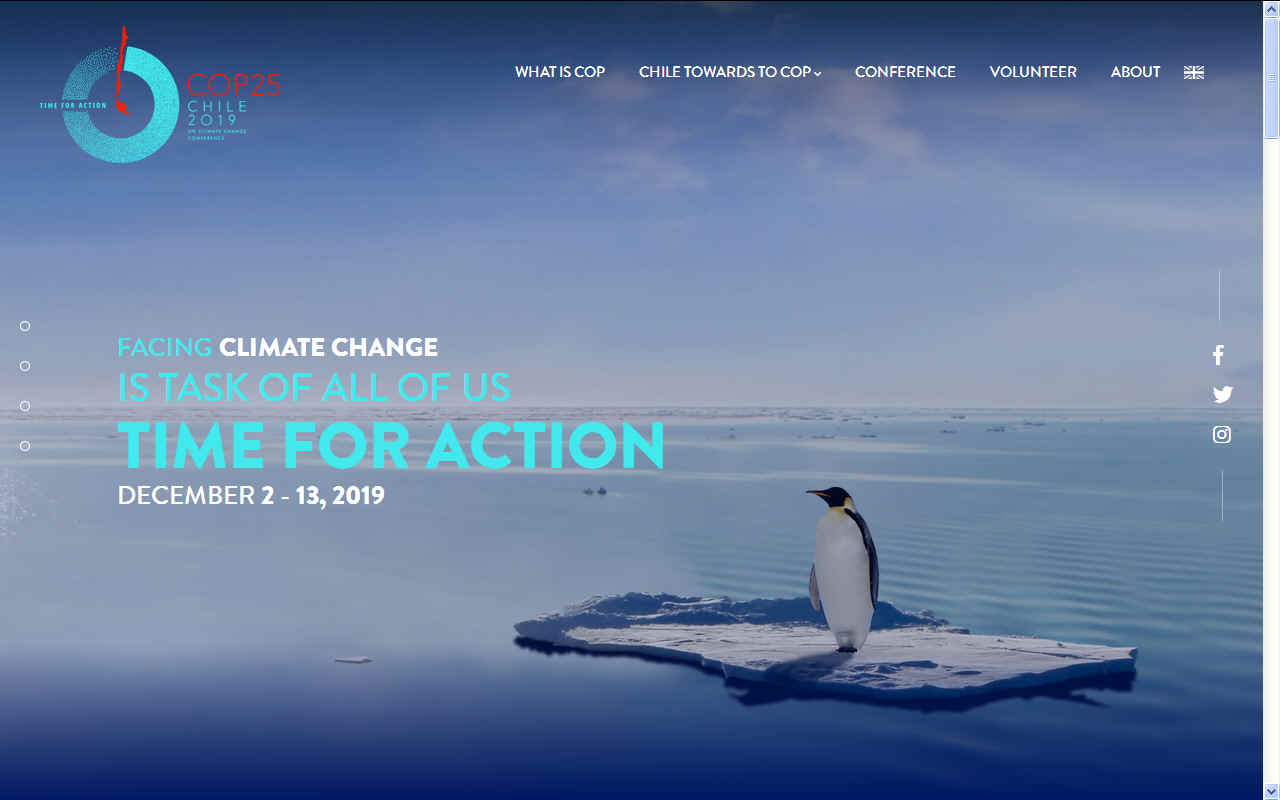|
SLAVERY & CLIMATE CHANGE Please use our A-Z INDEX to navigate this site
|
|||
G20
UNITE ON CHILD LABOUR - With public trust in markets draining away, G20 Leaders sought to show their commitment to an “inclusive, fair and sustainable globalisation” by putting welcome emphasis on workers’ rights and conditions.
Mandatory Due Diligence: the US Department of Labour identifies 135 commodities produced in particular countries as at high risk of being produced by child or forced labour. The Trade Facilitation and Trade Enforcement Act insists that an importer of these goods must be able to demonstrate these goods were not produced by child or forced labour, otherwise they may be impounded at port (and three consignments have been). The French Duty of Vigilance Law demands the largest companies establish and implement a plan to mitigate and prevent major human rights risks, including egregious risks such as modern slavery.
Incentives for Responsible Business: public procurement by the EU and USA is worth billions of euros and dollars. The least states can do is ensure that the goods and services they buy are from companies that abide by the international standards on labour rights which the governments themselves have signed up to – including the ILO Convention on Forced Labour (which many more countries should ratify). This is what the USA’s Federal Acquisition Regulation requires. The same principle goes for Export Credit Guarantees – why would tax-payers’ money go to companies that do not demonstrate care and vigilance to eliminate slavery from their supply chains and operations?
Access to Remedy: the G20 also say “we support access to remedy” but much more could be done to ensure the security of trafficked workers who fear they will be summarily deported if they reveal their slavery to the police. Equally there needs to be far more access to the functioning courts of G20 countries for victims caught in the international supply chains of G20 companies (there’s often not much remedy to be found in the paralysed and corrupt judicial systems of countries where modern slavery is rife).
FINANCIAL SLAVERY FUELS CLIMATE CHANGE
Politicians would not be talking now if there had not been climate change marches and protests. It seems that if citizens of planet earth want to see change that they will need to keep up the pressure until the G20 finally agree to binding targets that stand some kind of a chance of saving planet earth.
The electorate have allowed the favoured few to make mountains of cash by charging interest on money that you should not have needed to borrow to be able to afford a decent living. The unnecessary interest you pay erodes your quality of life. Banks and bankers love lending money, the more you borrow the more Bentleys and Yachts they can buy on the sweat of your brows.
One of the root causes of a rental regime is the high cost of houses, where those in positions of authority should be granting consents to build genuinely affordable units, such that fat-cat landlords are ousted as people can afford to buy their own homes.
EMPIRE BUILDING - The problem with empires is that they do not last. Their builders always lose sight of the natural limitations that have governed the evolution and ecological balance of planet earth for millions of years before man came along and thought he knew better.
FINANCIAL SLAVERY
Financial slavery should be illegal. Our present Governments have fostered the making of a renting society, where poorer families are forced to rent homes that are not climate friendly. But where houses could be built that any family might purchase at reasonable prices - to avoid the rental trap.
Instead of that house building in (for example) East Sussex has concentrated on large brick units that only landlords and executives (or highly paid civil servants ) can afford to purchase as investments to populate with modern slaves.
Sustainable buildings made of timber as flatpacks will provide a carbon lock. If equipped with solar water heaters and pv panels, these same affordable units will generate much of the energy required for comfortable living.
Councillors and town planners do not want sustainable homes built, because they won't get the Community Infrastructure Levy (CIL) payments - and they could only value in band A. Hence the rates payable would be lower. When councils are all about empire building and charging more for services. Hence, they are defacto, violating the human rights of the poorer members of society, by engineering and perpetuating a situation where low income families might never attain a decent standard of living at equitable rates. I.e. rents or mortgage payments that are linked to their incomes.
THE GREEDY 20 HEADS OF STATE (2020) UNSUSTAINABLE POLICIES A - Z
Add electric and hybrid cars to the equation, and we'd have very low carbon transport. With mass production of these vehicles, rather than diesel and petrol powered cars, the operating and purchase costs also reduce, hence the borrowing goes down and unearned income for banks and their shareholders reduces, thus lowering the levels of financial slavery that at present is making billions of lives a misery.
COP HISTORY
MARCH 2019 CALL TO ARMS - They are school kids temporarily sacrificing their education in order to save our futures from dangerous climate change. What stars. On November 30, over 15,000 boys and girls went on strike from school in every capital city and over 20 regional centres across Australia. On March 15, they are going even bigger and inviting adults to join them in solidarity for a Global Climate Strike. We're in!
SIX STEPS TOWARD A COOLER PLANET
1. TRANSPORT: Phase out polluting vehicles. Government aims to end the sale of new petrol, and diesel vehicles by 2040 but have no infrastructure plan to support such ambition. Marine transport can be carbon neutral.
2. RENEWABLES: Renewable energy should replace carbon-based fuels (coal, oil and gas) in our electricity, heating and transport.
3. HOUSING: On site micro or macro generation is the best option, starting with new build homes.
4. AGRICULTURE: We need trees to absorb carbon emissions from a growing population, flying, and to build new homes. Reducing food waste and promoting less energy intensive eating habits such as no meat Mondays.
5. INDUSTRY: Factories should be aiming for solar heating and onsite renewable energy generation.
6. POLITICS: - National governing bodies need to adopt policies to eliminate administrative wastages, to include scaling down spending on war machines, educating the public and supporting sustainable social policies that mesh with other cultures.
LINKS & REFERENCE
https://www.business-humanrights.org/en/g20-and-modern-slavery-what-next
PROTESTS - Extinction Rebellion are a group of peaceful protestors who don't want mankind to die out like the Neanderthals, dinosaurs, and many other species that humans are killing by burning fossil fuels and other nasty habits.
GRETA THUNBERG - is a Swedish climate activist. At the COP24 climate talks in Poland, December 2018, Miss Thunberg addressed the Secretary-General of the United Nations. She received a standing ovation for one of her talks. She is behind the global school strike created to call attention to climate change. She is a rebel. With a cause. Miss Thunberg is 15 and autistic and the newest, youngest and most powerful voice on the world stage demanding the world address global warming.
CLIMATE CHANGE - The United Nations' climate summit talks are known as COP (= Conference Of the Parties). During these discussions action for climate policy is negotiated with each country fighting for points in a global economic struggle. Nobody wants to give ground, except that every party agrees in principle that they need to make concessions - otherwise, with deaths from heat exhaustion and strokes, eventually, there will be nothing to argue about. We will all be dead.
So far with over twenty-four years of haggling the arctic ice is still melting - and faster than ever. No wonder so many high profile people and corporations are worried. The United Nations Framework Convention on Climate Change (UNFCCC) is an international treaty adopted at the Earth Summit in Rio de Janeiro from 1992. The UNFCCC objective is to "stabilize greenhouse gas concentrations in the atmosphere at a level that would prevent dangerous anthropogenic interference with the climate system".
|
|||
|
This website is provided on a free basis as a public information service. copyright © Climate Change Trust 2020. Solar Studios, BN271RF, United Kingdom.
|
